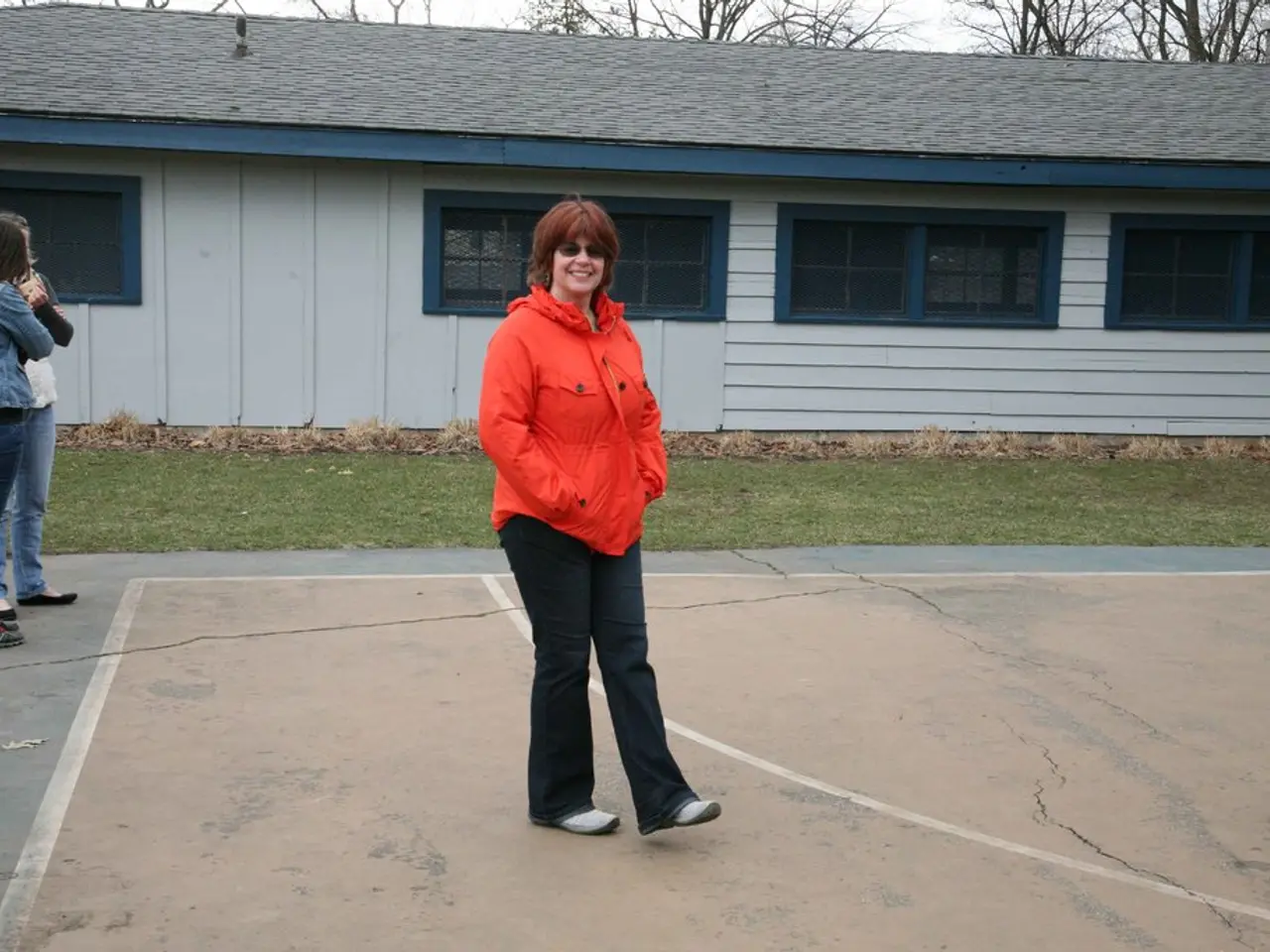District Judges in Kerala should remain vigilant against multiple appeals, as their overlap could potentially result in contrasting court decisions.
Kerala High Court Issues Strict Guidelines to Prevent Duplicate Appeals
The Kerala High Court has taken a decisive step to address the issue of duplicate filings of appeals and revision petitions in the same case. Following Suo Motu proceedings initiated in CRL.RC No. 2 of 2025 (High Court v State of Kerala & ors), the Court has issued strict guidelines to ensure the integrity of judicial processes.
Justice PV Kunhikrishnan, presiding over the case, made the observation after a man accused of robbery secured an acquittal by suppressing his earlier appeal dismissal. The Judge emphasised the shared duty of courts, lawyers, litigants, and court registries to prevent conflicting judgments and multiplicity of appeals.
Until a unified case type system and automated intelligent detection system are implemented from January 1, 2026, district courts must conduct manual verification of all prior proceedings before admitting any appeal or revision petition. This is to ensure no duplicate filings exist, as there is no automated system currently in place.
The Court stressed that litigants, police, and prosecutors have a duty to disclose any earlier proceedings related to the case, and suppression of prior appeals or revisions is considered improper and may attract criticism. The police were also advised to inform prosecutors of prior cases so they can bring them to the court's attention.
The High Court highlighted the importance of these measures, as they directly follow from the Court's concern over an acquittal granted in a second appeal when a prior first appeal existed, which exposed the systemic loopholes currently being addressed.
In the case in question, the accused, Krishnan @ Masanan, filed a second appeal before the same sessions court through another lawyer, without disclosing the earlier dismissal of his appeal. The appeals of the three convicted men were dismissed by a sessions court in 2013. However, Krishnan managed to secure an acquittal by suppressing his earlier appeal dismissal in 2016.
The High Court set aside this acquittal and imposed a cost of ₹1 lakh on the accused. Copies of the judgment were ordered to be sent to the Home Secretary of the State and the State Police Chief to ensure prevention of such duplicate appeals. The judgment was directed to be circulated to all Principal District Judges.
The Registrar reported that a manual inspection of physical registers was necessary to identify prior appeals in cases, as no automated system existed. The Registrar also confirmed the claim by Krishnan's lawyer that he was unaware of the prior appeal. The Registrar (Vigilance) was directed to conduct an inquiry into the matter.
The High Court initiated suo motu revision proceedings to examine the correctness of the acquittal verdict on June 9, 2025. Senior public prosecutor Seetha S appeared for the State.
In summary, until the technological upgrade is implemented, manual checks remain mandatory, with heightened responsibility on court officers and litigants to avoid duplicity. These measures are under the vigilant supervision of the Kerala High Court, aiming to maintain the integrity of the judicial system and prevent conflicting judgments and duplication.
Read also:
- Court petitions to reverse established decision on same-sex marriage legalization
- Trump's enforcement actions in Washington D.C.: Insights from the political arena
- Chinese Ambassador issues stern message to India regarding Trump's tariffs in midst of escalating trade feuds
- Aircraft collides with another one on the runway during landing at Montana airport, igniting flames








